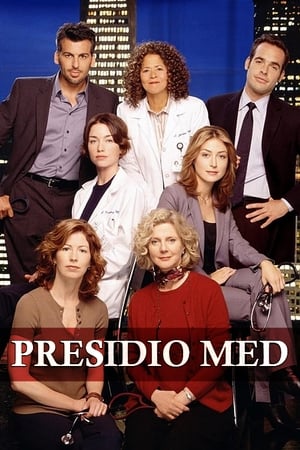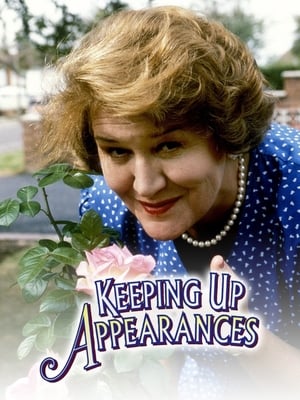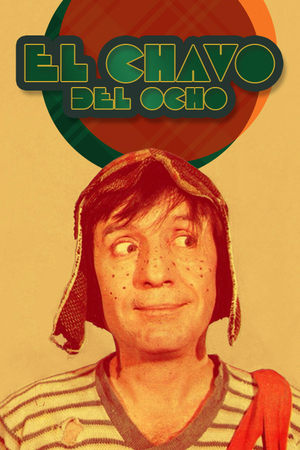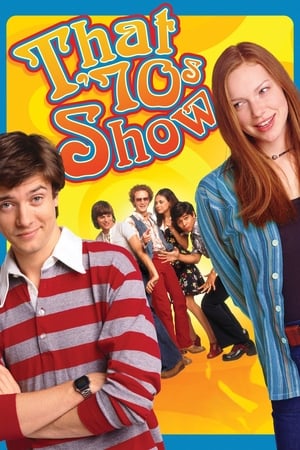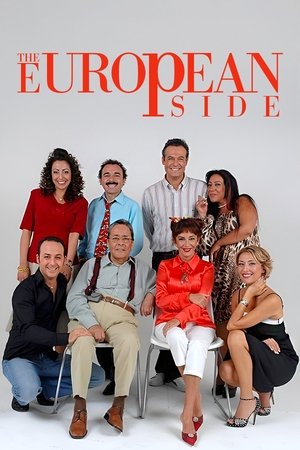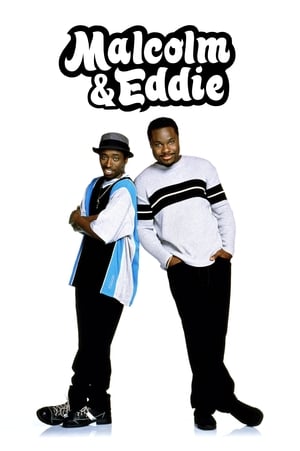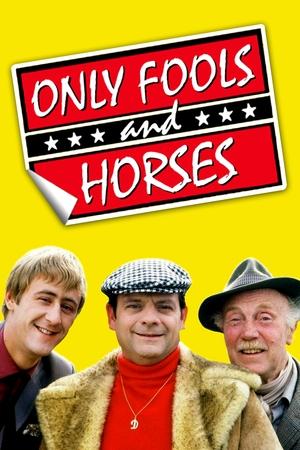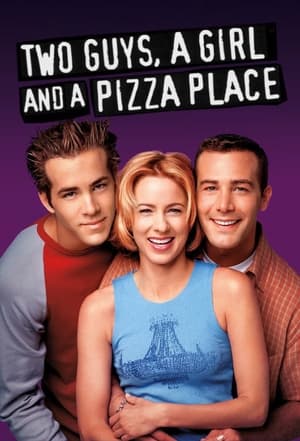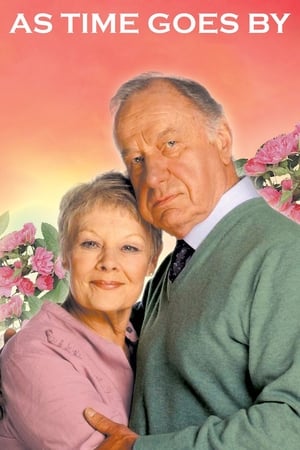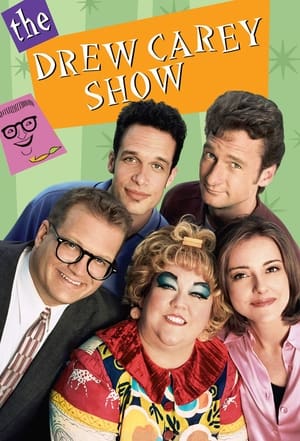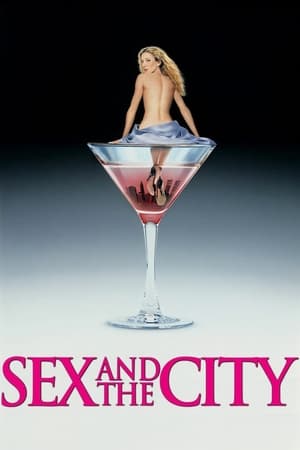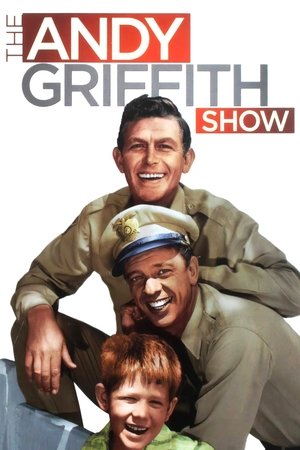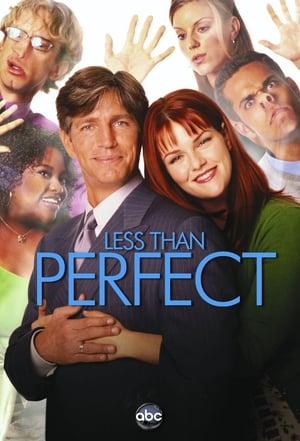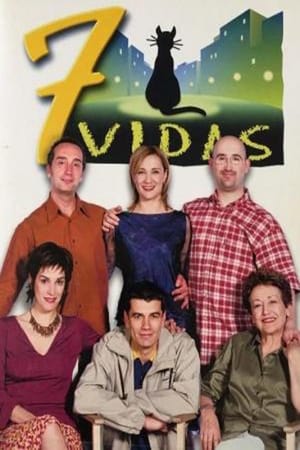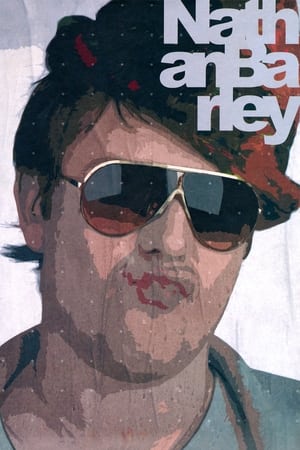Overview
The 4077th Mobile Army Surgical Hospital is stuck in the middle of the Korean war. With little help from the circumstances they find themselves in, they are forced to make their own fun. Fond of practical jokes and revenge, the doctors, nurses, administrators, and soldiers often find ways of making wartime life bearable.
Reviews
Before Cheers, M*A*S*H was a long running sitcom that spanned a decade (ironically, was much longer than the war itself).
There were hilarious moments, and there were serious, heart wrenching moments.
We said goodbye to Henry Blake and hello to Sherman Potter, goodbye to Trapper and hello to BJ, and goodbye (and good riddance) to Frank Burns and hello to Charles Winchester. And we had a definite goodbye to Radar.
But there will always be iconic moments from drinking spirits in "the swamp" to Klinger in dresses!
M*A*S*H was a truly fantastic and brilliant sitcom.
Glad I got the whole series on boxset DVD!
This Korean War medical team unit is really two shows.
So, it's rated in two parts.
MASH is sort of four different shows. I've read the book. I've seen the movie, and I've seen the two different formats of the TV show.
The book was much like the first show, where Major Burns is a total scapegoat. There's no way to believe that Hawkeye is a god and Burns is responsible for every terrible thing that ever happened.
That's the book and the Larry Linville portion of the series. Linville himself knew this was a career ending role, and that the character of Burns was ridiculous.
It did make for funny moments, but the same funny moments that Nazis endorsed when they made Jews their scapegoats.
The first part of MASH is simply an instruction manual for choosing a scapegoat.
When people watch something like this, they aren't concerned with "reality". They're being taught a more. The more being taught isn't to blame the creepy guy for creepy things that he does. That's because no one really knows that much about anyone else.
What is being taught, and the writers and directors of all books and TV shows and movies know this, is the surface view. What is being taught in MASH before Stiers is to just pick a scapegoat. That's all. That's the message.
So, even though the slapstick humor is funny, I give the first era of the TV show a 1/10. It's teaching discrimination and hate without a cause.
During the first portion, the surgical army unit doctors do perform in a realistic setting, so to speak, and that makes it worse, because it can't be laughed away when they teach people to be modern day Nazis looking for the modern day Jew. Totally worse.
It's also very dated, because it doesn't take into account the date. Being "dated" is misunderstood by "fan boys". It doesn't mean what they think. They think it means people from 1952 who act like characters from 1953 are dated. They think a character from 1952 should know about eight track tapes, DVDs, Donald Trump, etc.
Being "dated" actually means that someone from 1952 does know about eight track tapes, DVDs, and Donald Trump. That's "dated".
That's the problem with MASH. The "liberal" from 1952 would be more like Trapper John. He would be the very far left. Hawkeye would be shot as a traitor, no matter how good of a doctor he claimed he was.
Which is another thing. The MASH book and the Linville era of MASH is like listening to Sinbad tell Hindbad of his voyages. You know he's lying. There's no credibility of character.
Now, the later MASH sees the writers realizing what they've done. Stiers as Winchester is the most credible character of the entire series. This is what a doctor in 1952 would be. Also Honeycutt and Potter. The characters became much more credible, though the humor became drier.
The later part of the series was 9/10. There were still some bits of contrived propaganda, but it was much subtler.
The character of Nurse Hot Lips was worse than that of Burns. She was a worse monster than he was. She had no allegiance at all, and couldn't be trusted. She tried to make underlings nervous in a war zone where being nervous could kill or cripple you, and that cannot be an accident from a major. I kept hoping she would be fragged. There is no way you could trust that monster to be on your side.
The character of Father Mulcahy was also out of touch with the era. He was the epitome of "dated", being a 1990 liberal preacher in 1942. As far as credibility goes, he was as bad as Burns.
It was later in the series when the four non coms got more notice. There was always Radar and Klinger, but they were extreme polar opposites. The Rizzo and Igor were added, and they were a bit extreme, even for 1942. Still, they gave more of a balance. Especially Igor, although his character should have been written better, since he was the "moderate" enlisted man. As a moderate, for instance, he shouldn't have been from the New York-New Jersey area. That was too contrived to please that area.
The "scapegoat" era was so corrupt that it took the rating down for this more than just 1 and 9 equals 10 for an average of 5. Thus, it gets a 4/10 rating.

 English
English
 7.916
7.916
 1972
1972
 USA
USA
 Peter89Spencer wrote:
Peter89Spencer wrote:
